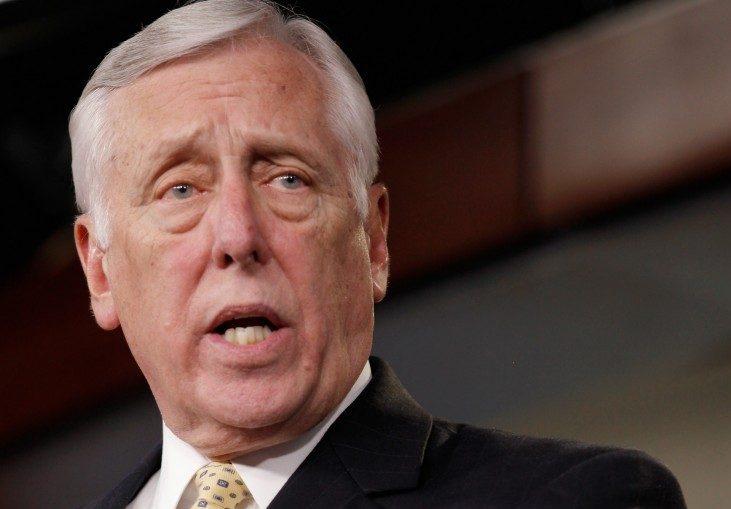House Majority Leader Steny Hoyer (D-Md.) told lawmakers on Monday that Congress will likely need to pass a continuing resolution when it returns in mid-September to avoid a government shutdown at the end of the fiscal year.
“By September 30th, Congress must complete our work on appropriations and other expiring items, such as flood insurance and surface transportation. In July, the Democratic-led House passed legislation to fund nearly all of the government, yet to date, the Senate has not held even a single markup of an appropriations bill,” Hoyer wrote in a letter.





